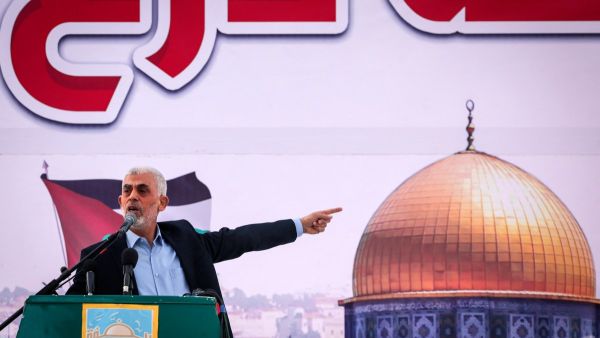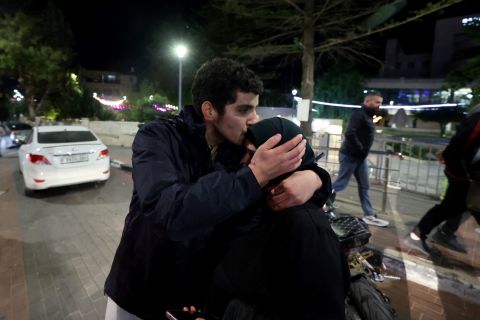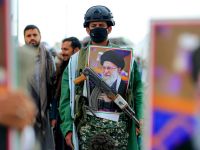ALBAWABA - In a surprising turn of events, Yahya Sinwar, the elusive leader of Hamas, known as the "brain of Hamas" by Israel, has broken his silence since the commencement of the conflict on October 7. In a public message, Sinwar declared that Hamas is engaged in an unprecedented and robust battle against Israel, confidently asserting their determination to resist and not succumb to the conditions of occupation.
With the resumption of hostilities in Gaza following the expiration of a temporary ceasefire, Yahya Sinwar, sought vigorously by Israeli forces since the outbreak of the conflict on October 7, has chosen to make his first public statement. In a message directed to members of the Hamas political bureau, Sinwar emphasized the intensity of the ongoing struggle, highlighting the substantial losses faced by Israeli forces.
Key Points from Yahya Sinwar's Message:
Unprecedented War: Sinwar underscored that Hamas is currently waging a rigorous and unparalleled war against the Israeli military.
No Submission to Occupation: In a resolute tone, Sinwar announced that Hamas will absolutely not submit to the conditions of occupation imposed by Israel.
Israeli Considerations: Amid the conflict, reports in the Israeli media suggest that the Israeli government, facing challenges in securing the release of hostages, is contemplating offering a form of immunity to prominent Hamas leaders, including Sinwar and Muhammad Deif.
Potential Negotiations: Negotiations may involve the relocation of Hamas leaders to countries like Qatar in exchange for the release of hostages, according to sources.
Humanitarian Break and Release of Prisoners:
A temporary humanitarian break led to the release of 81 Israelis and 240 Palestinian prisoners. However, Israel continues to detain thousands of Palestinians. Conflicts persist in the West Bank and Jerusalem, and tensions at the border between the Israeli army and Hezbollah have resulted in casualties on both sides.
In Gaza, 1.9 million displaced Palestinians face severe challenges, lacking shelter, food, clean water, medicine, and adequate health services.










